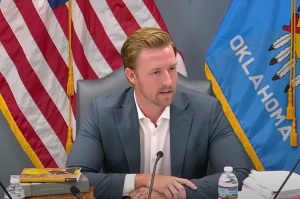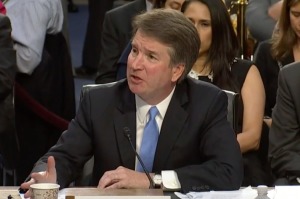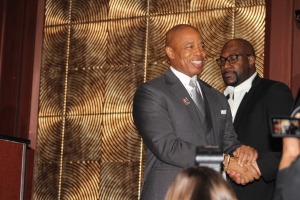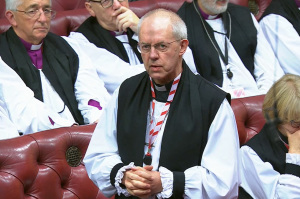Ecumenical Movement Fading, Says Conservative Watchdog Leader
While church leaders from across denominations discuss new directions for the 100-year-old ecumenical movement, one conservative Christian believes major changes need to be made in order for there to even be a future.
"Sadly, over the last 50 years, it (the ecumenical movement) has faded into the sidelines and is now largely ignored," said Mark Tooley, president of the Institute on Religion and Democracy, which monitors mainline denominations and ecumenical groups.
Some 400 people from various mainline Protestant churches and Catholic and Orthodox traditions opened a celebratory gathering on Tuesday in New Orleans, marking 100 years of the ecumenical or Christian unity movement.
Throughout the three-day gathering, led by the National Council of Churches, participants are discussing diversity, interfaith relations, and ecumenical cooperation for the next century, among other things.
John M. Buchanan, editor of Christian Century, said in a speech addressed to attendees, "The unity of the church, the ecumenical vision – which you here this afternoon embody – is not a liberal add on to the Gospel; it is at the heart of the Gospel. It is an evangelical imperative – 'that they may be one so that the world may believe.' In a radically global, pluralistic world, we have no credibility at all without unity."
The speech was read by the Rev. Dr. Sharon Watkins, general minister and president of the Christian Church (Disciples of Christ). Buchanan was unable to attend the meeting.
Tooley acknowledged that there is truth to Buchanan's statement. But he added, "Unfortunately, groups like the NCC and the WCC (World Council of Churches) have interpreted unity to mean setting up centralized bureaucratic organizations like themselves that a list of denominations belong to when trends show wider Christian unity [that's] much more informal and less institutional."
The NCC and its approach to Christian unity are very outdated, Tooley asserted to The Christian Post.
On top of that, the organization's liberal direction has also posed problems. "The NCC and its predecessor, the Federal Council of Churches, aligned themselves with a theologically liberal perspective that also espoused a liberal political perspective," he said. "While they were doing that, they forgot often to consult the church members they were claiming to represent."
Though the modern movement for Christian unity involved some of the premier religious institutions of America 100 years ago when it was founded, today many of the churches involved in ecumenism have suffered sharp membership decline for the last 45 years, Tooley noted.
None of the growing denominations belong to the NCC, he added.
"If there is to be unity, it's not what the NCC seems to be fostering."
Tooley suggested that if the NCC wants to survive, it needs to figure out how to plug into a new form of ecumenism. That involves being bureaucratically less centralized, theologically more deeply rooted in traditional Christian beliefs, and less aligned with Western liberal Protestantism and more plugged into orthodox global Christianity, he stressed.
The theme for NCC's Centennial Gathering is "Witnesses of These Things: Ecumenical Engagement in a New Era." The Nov. 9-11 meeting marks 100 years since the 1910 Edinburgh Missionary Conference where participants mainly from Protestant bodies in North America and northern Europe prayed for the church to be one.





























